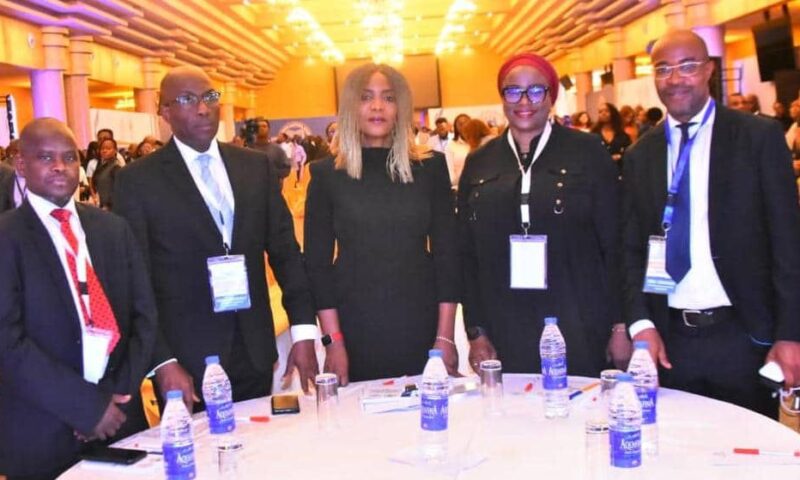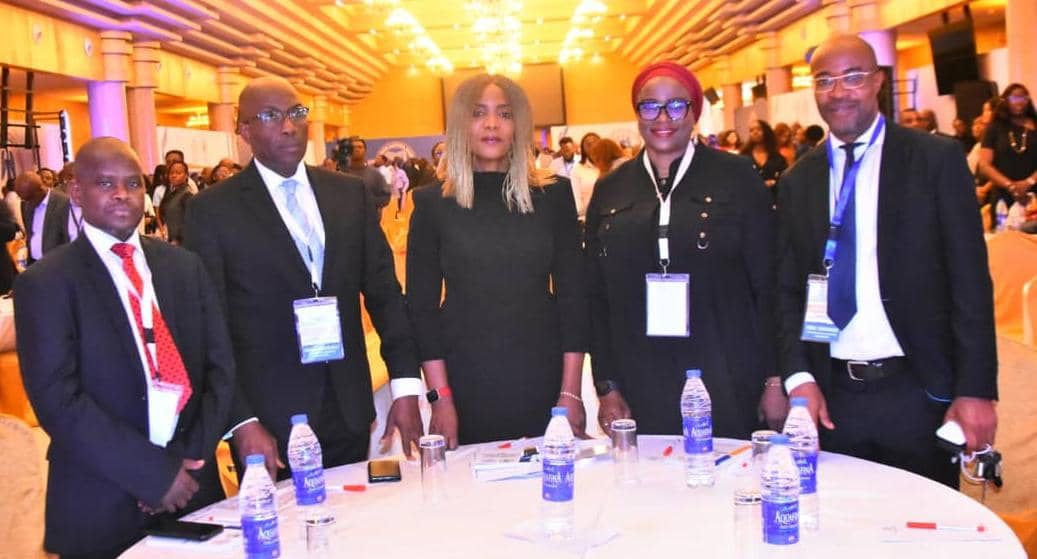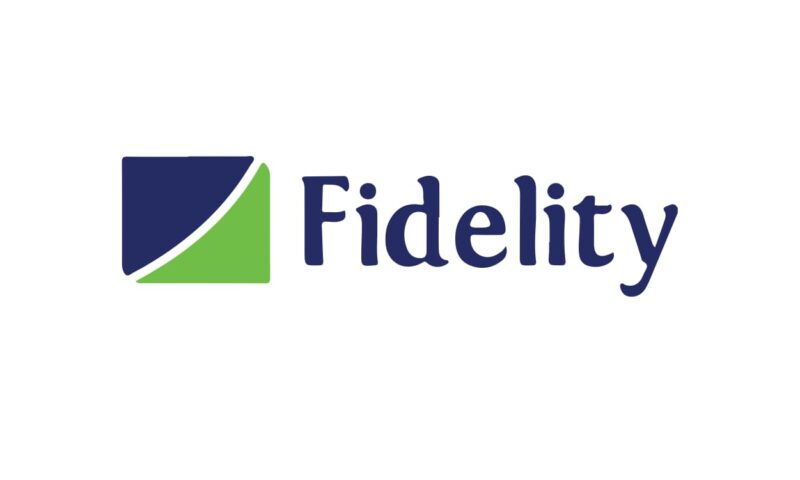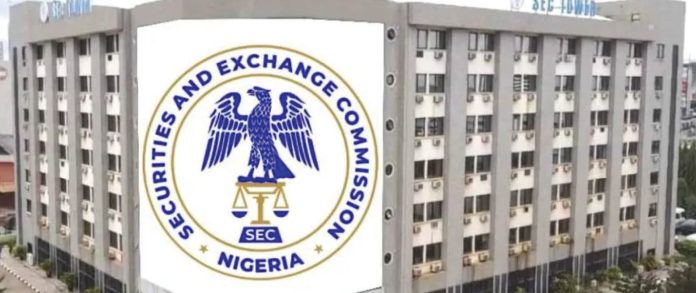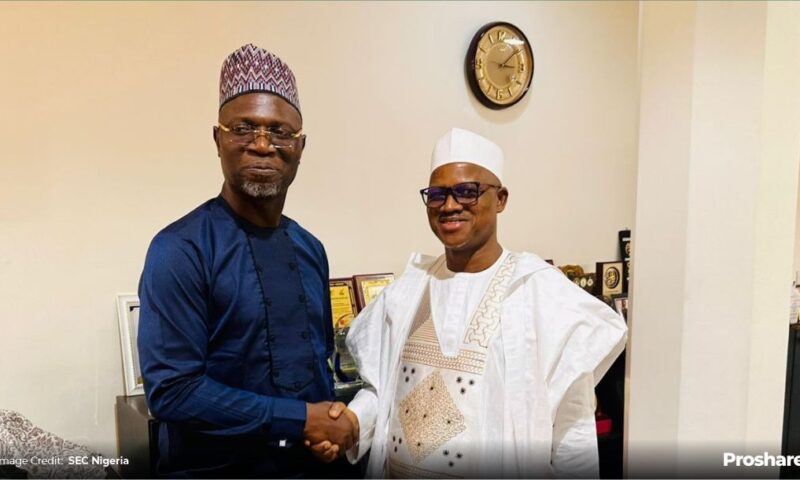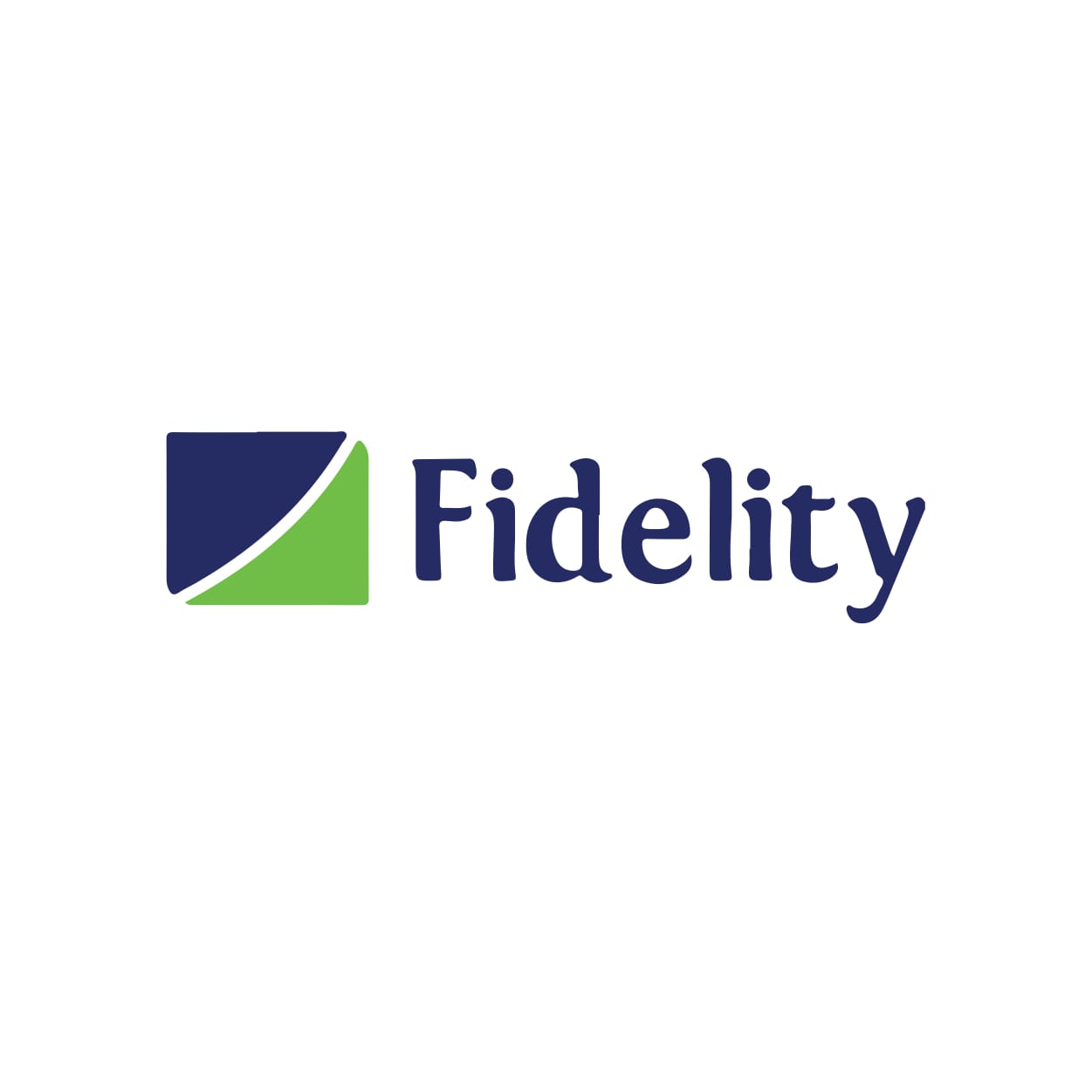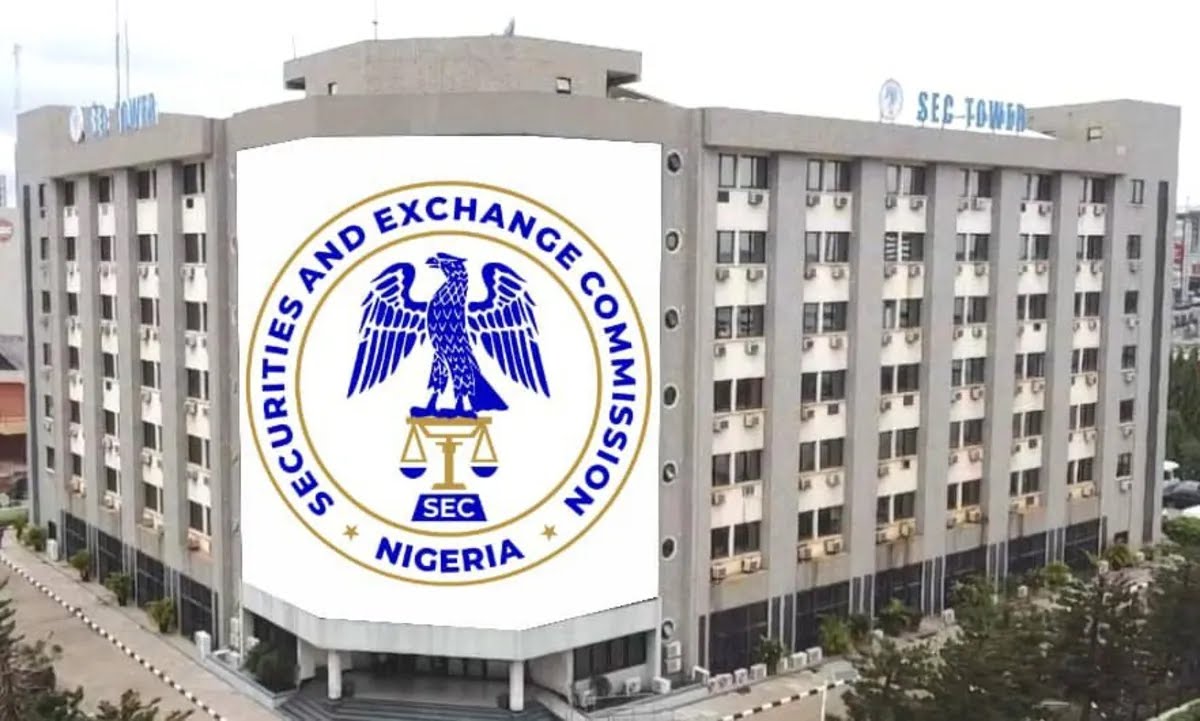NGX Expands Market Offerings With Introduction Of Commercial Paper Listings

Amaka Obiefuna
Nigerian Exchange Limited (NGX) has introduced Commercial Paper (CP) listings, following approval from the Securities and Exchange Commission, marking another significant expansion of its product suite in a year defined by accelerated innovation. This development deepens Nigeria’s short-term debt market and reinforces NGX’s role as a versatile hub for capital formation.
The new listing window enables corporates and issuers to list and trade both conventional and non-interest commercial papers directly on the Exchange, providing investors with enhanced visibility, increased transparency and improved liquidity. It also advances NGX’s broader strategy of diversifying its offerings and strengthening the architecture of the domestic capital market.
Commenting on the launch, Temi Popoola, Group Managing Director and CEO of NGX Group, commended the Securities and Exchange Commission for its commitment to enabling market advancement and fostering healthy competition across the ecosystem. He stated: “The introduction of Commercial Paper listings is a pivotal step in our strategy to position NGX as a comprehensive capital-markets infrastructure that accelerates capital formation across Africa. As we continue strengthening the foundations of a transparent, technology-driven and inclusive marketplace, our focus remains on building a system that supports sustainable growth, enhances market resilience and unlocks new opportunities for the broader economy.”
Commercial Papers (CPs) are short-term, unsecured debt instruments issued by corporates to finance working capital needs and other short-term obligations. Typically maturing within 270 days, CPs are issued at a discount and redeemed at face value upon maturity offering corporates a cost-effective alternative to bank loans and providing investors with attractive short-term investment opportunities.
Also speaking on the development, Jude Chiemeka, CEO, Nigerian Exchange Limited, stated: “The introduction of Commercial Paper listings represents a major advancement in our mission to provide a full spectrum of capital-raising solutions for businesses. This platform enhances transparency in the debt market and supports corporates seeking efficient access to funding outside traditional banking channels, while offering investors credible short-term investment options. NGX will continue to engage with corporates, intermediaries, and investors to deepen liquidity and participation in Nigeria’s debt capital market.”
Olufemi Shobanjo, CEO of NGX Regulation Limited, added that strong oversight will remain central as the market evolves. “Our priority is to maintain high standards of disclosure, promote accountability and safeguard investor confidence while contributing to market deepening,” he emphasised.
With the inclusion of commercial papers, NGX now offers an integrated environment spanning equities, fixed income, ETFs, derivatives and short-term debt advancing its ambition to be a one-stop marketplace for capital across asset classes.
About Nigerian Exchange Limited (NGX)
Nigerian Exchange Limited (NGX), a wholly owned subsidiary of the Nigerian Exchange Group (NGX Group), is a leading listing and trading venue in Africa with its history dating back to 1960. It is an open, professional, and vibrant exchange, connecting Nigeria, Africa, and the world.
NGX is a multi-asset exchange providing a home to the best of African enterprises listed on our Premium, Main, and Growth Boards; diverse fixed income securities; Exchange Traded Products (ETPs); Mutual and other investment funds. Through our vibrant secondary market, we provide domestic and international investors access to these securities. In addition, NGX provides licensing services, market data solutions, ancillary technology services, and more in our quest to be Africa’s preferred exchange hub.



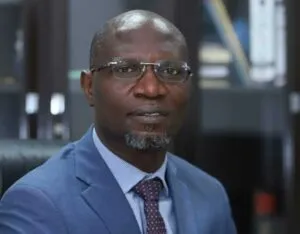

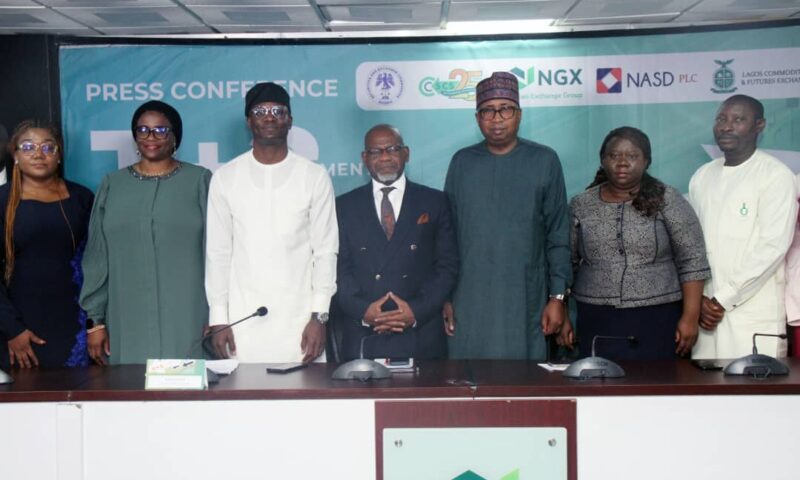
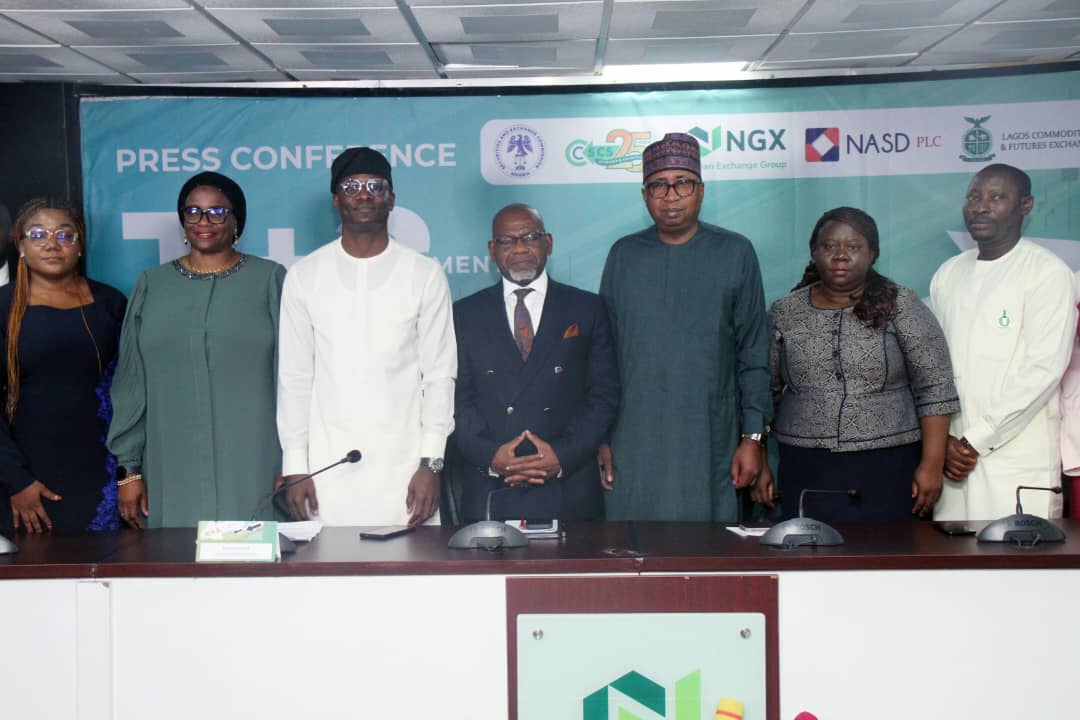
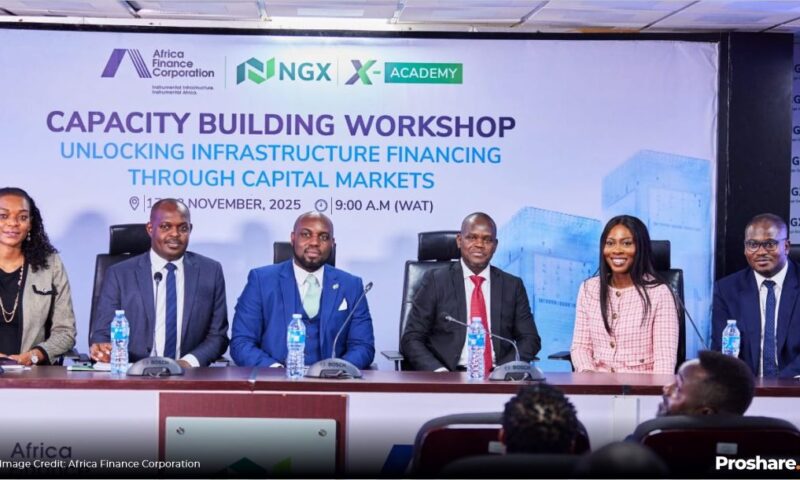
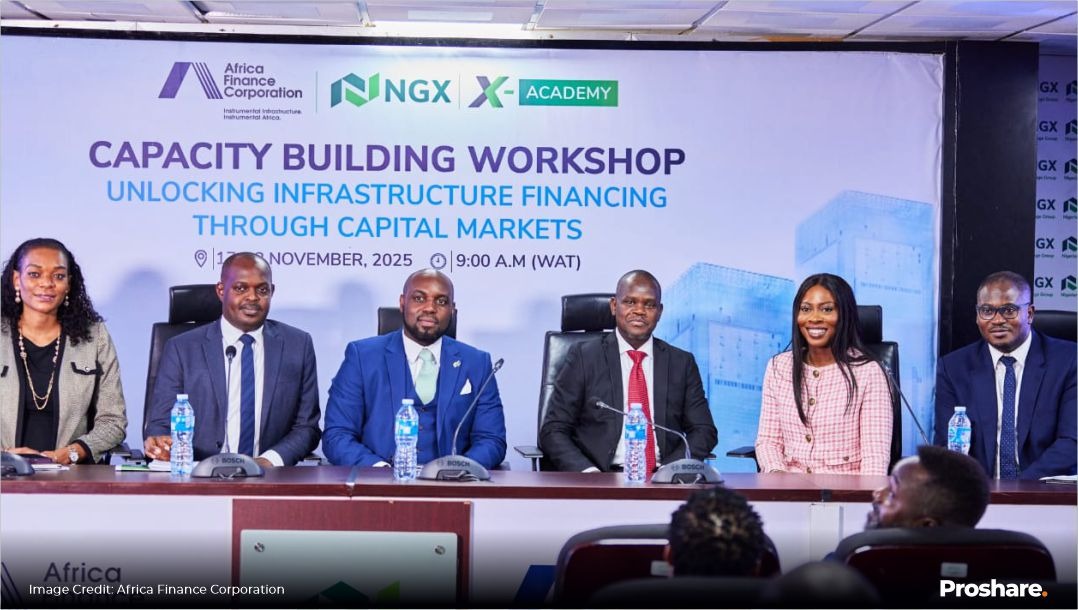 Amaka Obiefuna
Amaka Obiefuna 